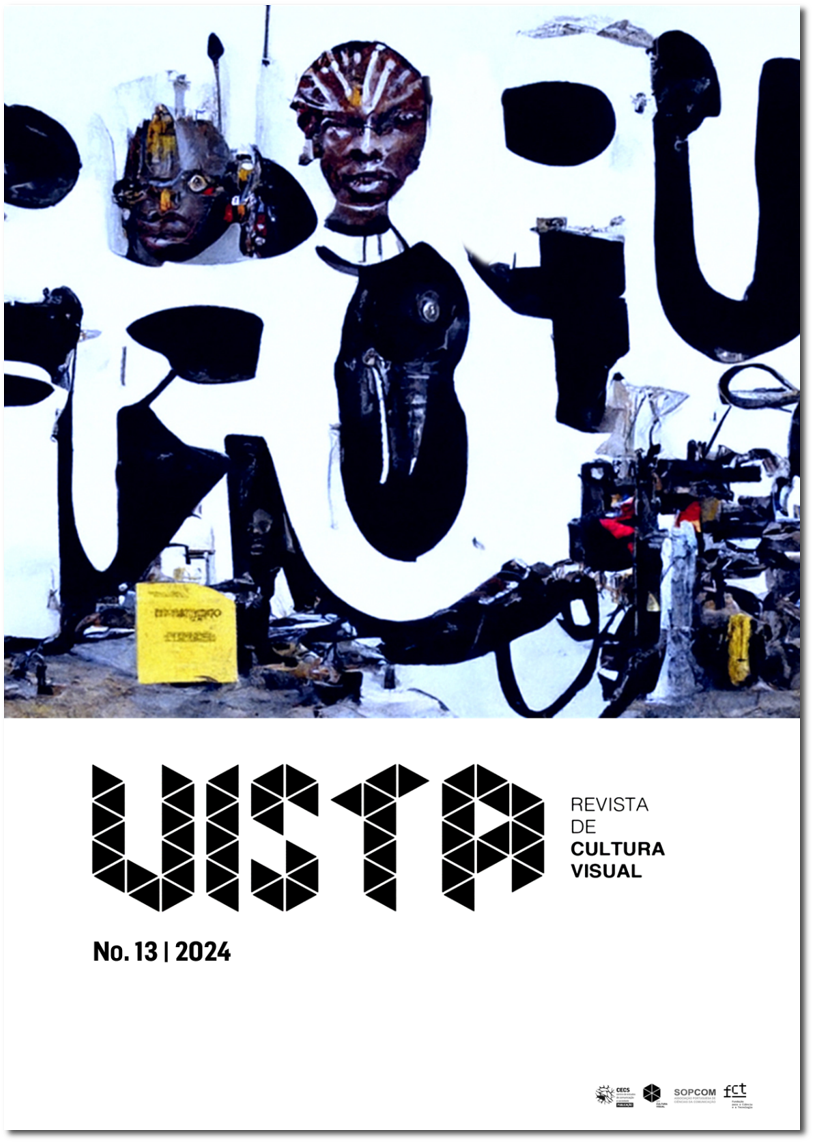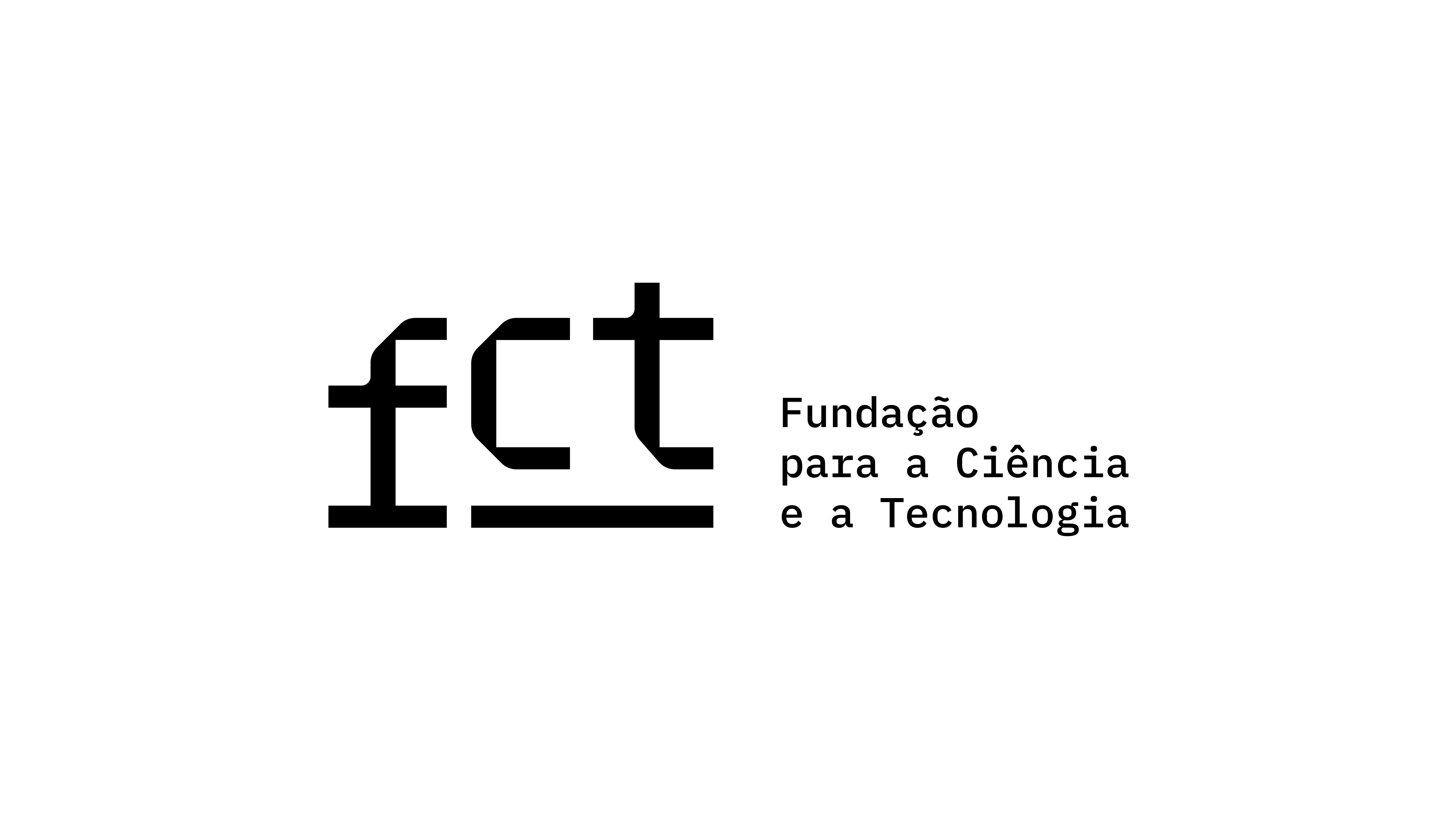Opening Note: Repairing the Irreparable
DOI:
https://doi.org/10.21814/vista.5813Downloads
References
Azoulay, A. A. (2019). Potential history: Unlearning imperialism. Verso.
Beleza Barreiros, I., & Pereira, A. C. (2022, 30 de junho). Carta de Berlim: Restituitions Art Lab. Buala. https://www.buala.org/pt/jogos-sem-fronteiras/carta-de-berlim-restitutions-art-lab
Brito, F. (2023). Restituição às ex-colónias: A luta pela libertação da memória e identidade. Gerador. https://gerador.eu/restituicao-as-ex-colonias-a-luta-pela-libertacao-da-memoria-e-identidade/
Carvalho, A. (2014, 2 de maio). Reparações? As omissões, os portões trancados da revolução e a petrificação dos cravos. Buala. https://www.buala.org/pt/mukanda/reparacoes-as-omissoes-os-portoes-trancados-da-revolucao-e-a-petrificacao-dos-cravos
Cusicanqui, S. R. (2015). Sociologia de la imagen: Miradas ch’ixi desde la historia andina. Tinta Limón.
Demos, T. J. (2020). Beyond the worlds’ end: Arts of living at the crossing. Duke University Press.
Descolonizar os museus: Sugestões de leitura. (s.d.). Acesso cultura. Retirado a 20 de abril de 2024, de https://acessocultura.org/descolonizar-os-museus-sugestoes-de-leitura/
Em meio a um evento na ONU, mulheres negras exigem de Portugal reparação por escravidão. (2024, 19 de abril). UOL. https://noticias.uol.com.br/ultimas-noticias/rfi/2024/04/19/em-meio-a-evento-na-onu-mulheres-negras-exigem-de-portugal-reparacao-por-escravidao.htm
Eugénio, F. (2019). Caixa-Livro AND. Editora Fada Inflada.
Ferreira da Silva, D. (2019). A dívida impagável. Casa do Povo.
Henriques, J. G. (2016). Racismo em português: O lado esquecido da história. Tinta-da-China.
hooks, b. (2021). Tudo sobre o amor: Novas perspectivas (S. Borges, Trad.). Editora Elefante. (Trabalho original publicado em 1999)
Lopes, M. (2020, 20 de janeiro). Portugal não recebeu pedidos de devolução de património e, se chegarem, cada caso será um caso. Público. https://www.publico.pt/2020/01/30/culturaipsilon/noticia/portugal-nao-recebeu-pedidos-devolucao-patrimonio-chegarem-caso-sera-caso-1902326
Lusa. (2024, 24 de abril). Marcelo Rebelo de Sousa defende pagamento de reparações por crimes da era colonial. Observador. https://observador.pt/2024/04/24/marcelo-rebelo-de-sousa-defende-pagamento-de-reparacoes-por-crimes-da-era-colonial/
Martins, C. (2022, 24 de novembro). Governo vai fazer lista de património com origem nas ex-colónias. Expresso. https://expresso.pt/cultura/2022-11-24-Governo-vai-fazer-lista-de-patrimonio-com-origem-nas-ex-colonias-75772940
Nações Unidas. (2024, 16–19 de abril). Apelo à apresentação de questões a considerar na ordem de trabalhos da terceira sessão do Fórum Permanente dos Povos Afrodescendentes. Fórum Permanente dos Povos Afrodescendentes. Genebra, Suíça. https://www.ohchr.org/sites/default/files/documents/hrbodies/hrcouncil/forums/forum-african-descent/sessions/session3/PFPAD-session3-CFI-por.pdf
Oficina de Reparações. (2023, 7 de julho). Declaração do Porto.Buala. https://www.buala.org/pt/mukanda/declaracao-do-porto-reparar-o-irreparavel
Pereira, A. C., & Beleza Barreiros, I. (2022). Chamada IV Encontro de Cultura Visual – Reparações. ICNOVA. https://www.icnova.fcsh.unl.pt/iv-encontro-de-cultura-visual-reparacoes-chamada-ate-5-mai/
Santos, A. B. D. (2015). Colonização, quilombos: Modos e significações. INCT/UnB.
Sarr, F., & Savoy, B. (2018). The restitution of African cultural heritage. Toward a new relational ethics (D. S, Burk, Trad.). CNRS-ENS Paris Saclay-Université Paris Nanterre; Ministère de la Culture. https://www.about-africa.de/images/sonstiges/2018/sarr_savoy_en.pdf
Downloads
Published
How to Cite
Issue
Section
License
Copyright (c) 2024 Ana Cristina Pereira, Gessica Correia Borges, Marta Lança

This work is licensed under a Creative Commons Attribution 4.0 International License.
Authors own the copyright, providing the journal with the right of first publication. The work is licensed under a Creative Commons Attribution 4.0 International License.









